
The Manischewitz corporation issued the voluntary effort on some limited units of their dark chocolate coins and should be considered for people who have a milk allergy or are severely sensitive to it.

The Manischewitz corporation issued the voluntary effort on some limited units of their dark chocolate coins and should be considered for people who have a milk allergy or are severely sensitive to it.

This bipartisan initiative highlights the need for a comprehensive approach to combat antimicrobial resistance (AMR), incorporating both antibiotic drug development and increased funding for stewardship programs.

A clinician discusses the vaccines' efficacy, which risk factors may rank higher for disease severity, and offers insights on counseling patients.

High cure rates underscore the effectiveness of the No One Waits (NOW) model in ensuring not only treatment initiation but also successful completion, ultimately reducing the burden of HCV in the studied population and possibly beyond.

As of last Friday, 117 people have been sickened, 61 hospitalized, and 2 people have died.

Amikacin inhaled once daily for 3 days reduced risk of developing ventilator-associated pneumonia in placebo-controlled trial in critically ill.
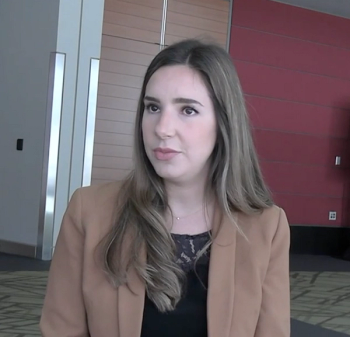
A study offers a glimpse into what populations may be more likely to suffer a prolonged infection and may need to be prospectively followed for surveillance and monitoring.
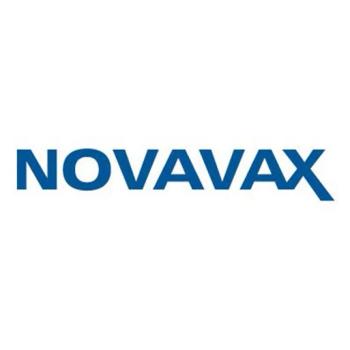
The emergency use listing (EUL) now provides another option for those who are in World Health Organization (WHO) member states.

This week's news includes a Massachusetts hospital facing a lawsuit for potential HIV and hepatitis exposure, a study shows reduced mortality rates in combining vancomycin and cefazolin in patients with bloodstream infections, a PCR-based rapid test can de-escalate antibiotic therapy quicker for bloodstream infections, and how the implementation of new College of American Pathologists rules presents an opportunity for collaboration between clinical microbiology laboratories and infectious disease pharmacists and physicians.
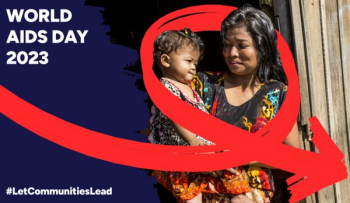
Therapy development, management improvements, and public health initiatives have all helped to change the trajectory of health outcomes for many, but still millions of people remain behind and are not in the continuum of care.

Salem Hospital faces a class action lawsuit over potential hepatitis and HIV exposure to hundreds of patients. The lawsuit alleges negligence and emotional distress, with the hospital claiming a minimal infection risk.
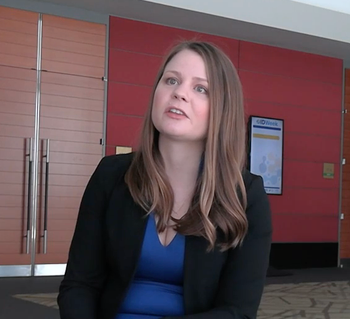
A recent novel study found reduced mortality rates in combining these therapies in patients being treated for this specific bacteremia.

A study showed utilizing a PCR-based test can narrow therapy quicker and help in resolving these infections sooner.

Last year was the fourth season to be classified as high severity since the 2009 influenza A(H1N1) pandemic.

The implementation of new College of American Pathologists rules presents an opportunity for collaboration between clinical microbiology laboratories and infectious disease pharmacists and physicians.

Topline data results from the company’s phase 3 trial, STRIDE-3, were announced and will be presented at the World Vaccine Congress West Coast.

A small study showed high efficacy for the same strain of Pseudomonas aeruginosa.

Treatment with glecaprevir/pibrentasvir (G/P) demonstrated a virologic response at post-treatment week 12, which was superior to the prior efficacy threshold.

Overall, the study authors concluded that the immunogenicity of QIV and TIV was similar for common influenza ingredients for children aged 6 to 35 months.
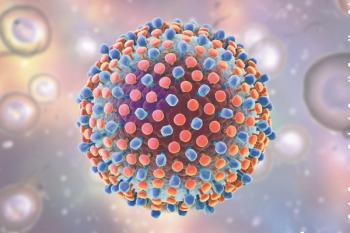
Biopharmaceutical company, Barinthus Biotherapeutics, studied its investigational immunization candidate, VTP-300, together with Arbutus Biopharma’s hepatitis B (HBV) therapeutic, imdusiran.

In this week's news, we covered the HCV elimination program, recent food recalls, live biotherapeutic products for recurrent C diff, and the availability of a monoclonal antibody for RSV prevention in infants.

With the holiday upon us, here are some considerations for dinner prep as well as some recent FDA food recalls.

Hepatitis B virus vaccination shown to to significantly improve survival rates for patients with chronic hepatitis C, nonalcoholic liver disease, and liver cirrhosis.

The FDA says the recall being performed by Wilcox Ice Cream is doing this out of concern for listeria contamination in the products.

Tatyana Kushner, MD, MSCE, offers her insights on the Biden administration's hepatitis C elimination plan.

A study demonstrates the microbiome changes and how restoration of the gut flora is warranted when patients are dealing with recurrent bouts of the health care-associated infection.

Madhumita Premkumar, MD, discusses a nationwide, cost-efficient eradication strategy she believes could benefit Americans' efforts to curb HCV.

Acurx Pharmaceuticals reported topline data from a small phase 2 study on their antibiotic, ibezapolstat, which showed it had a 96% cure rate.

The FDA and CDC announced the availability of additional doses of nirsevimab-alip for infants at high-risk of infection.

Shionogi’s therapy, ensitrelvir, was found to reduce and prevent these issues.